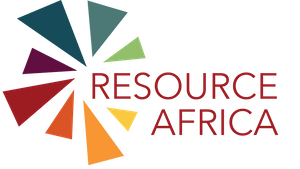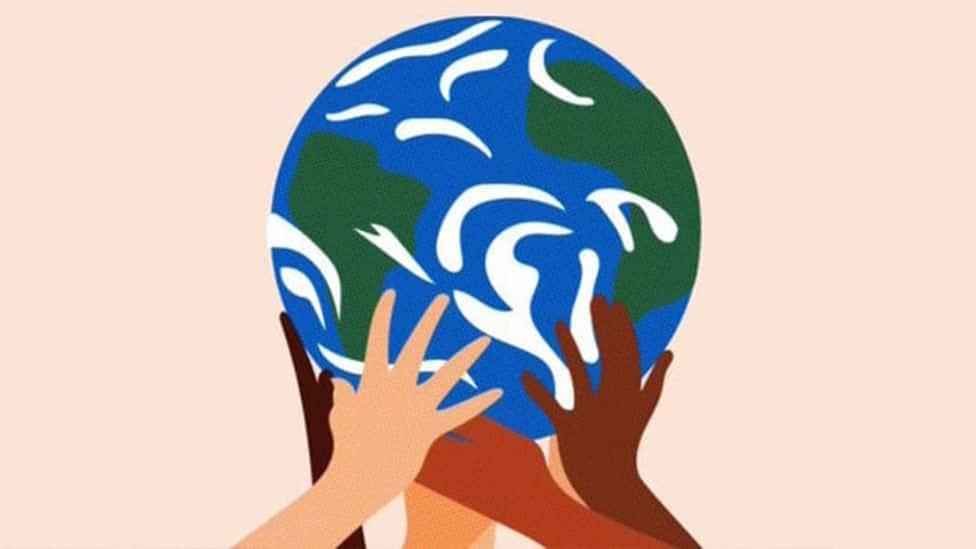Organisation key for local community youth to have a say on environmental decision-making
by Bupe Banda
I was determined to attend the IUCN One Future Global Youth Summit in April. Although I have been invited to a number of the youth network meetings, the agenda of the One Future Global Youth Summit spoke to my passion for what I am working on — the role of youth in advocating on climate action, intergenerational partnerships on biodiversity and raising the voices of indigenous and local communities. It complemented the work I’m doing in Zambia and with the southern African regional Community Leaders Network (CLN), of which I am a youth member. Not only was the agenda in line with my own goals but the Summit was youth-led, including the organisers and panel discussants. It lived up to its name, ensuring that youth were not just participants.
The Summit was a great learning opportunity, especially from colleagues in from other countries like India, Ghana, Cameroon, and India, who shared their initiatives and success stories. An important lesson was on the challenges of engaging local/rural community youth in these discussions, particularly the global level. This is something I have been struggling to do in my work in Zambia and I want to make this my focus within the National Community Resources Board Association (ZNCRBA), an Association that supports Community Resource Boards (CRBs) in their development and the management of their natural resources.
While the Summit was youth-led, these were mainly students, environmental activists, and youth employed in organisations. If we are meeting to discuss biodiversity conservation without the people directly involved in conservation on the ground and in their day-to-day lives, we are missing something. To overcome the challenge of rural community youth participation at global level, I learned from my interactions at the Summit that a starting point is at national level.
There is a lot of potential for youth, especially those in communities living alongside national parks, to advocate for conservation and biodiversity in the context of sustainable natural resource use rights. We have tended to ignore the fact that in order for our voices to be heard we need to engage the actual decision makers. We also need a platform for the older generation to mentor us, the incoming generation. We want to tap into your knowledge and prepare to lead tomorrow.

One Future Global Youth Summit 2021
The Convention on Biological Diversity (CBD) post-2020 Global Biodiversity Framework will make decisions for the next 20 years. Who will be the leaders by then? We understand some things differently from older generation but, if we can be in one room, we can voice how we, as future leaders, will be affected by decisions made today. We need to know and participate in the decision making.
A lot of youth are engaged in different initiatives in Zambia but what is lacking is a network to bring their efforts together. I want to ensure that at national level there is representation of these youth who are experiencing first hand issues of conservation and build on this. Once we have a youth network in place, we will push to ensure that our governments make room to allow our voices to be heard locally and globally in the international decision-making platforms that will affect our future. So far, this has not been happening.
From the Summit’s outcomes calling on countries and corporations to invest required resources to address various environmental concerns, my focus will be on engaging communities for biodiversity protection and empowering underrepresented voices in environmental policy making.
My enthusiasm for the Summit has extended to commitment to action.
For the Your Promise, Our Future post-Summit campaign, I have pledged to:
- Help coordinate establishment of a rural youth network in Zambia
- Continue advocating for rights of local communities and indigenous peoples and for their voices to be heard, nationally, regional, and internationally – at intergovernmental conventions where key decisions are made, ensuring there is representation of youth from local communities
- Ensure youth are involved in policy decision making – I will coordinate efforts where youth are brought on board.
By 2022 I intend to create an active Zambia network. I was inspired by Zimbabwe and Ghana’s examples of organised networks and their strong and coordinated rural youth representation at the Global Youth Summit. Through this network I believe we can strategize before local, regional and global policy platforms and achieve greater success by advocating for a common cause and through one voice.
We are the ones that will live with the consequences of the decisions being made today so we also have to be accountable. We want southern African youth to be the champions in biodiversity conservation.

About Bupe Banda
Bupe studied Environmental Education at the University of Zambia. This was followed by an internship with Zambia’s Department of National Parks, attached to the Community Based Natural Resources Management (CBNRM) Programme, where her interest in working with communities developed. When she was invited to join the Community Resources Board Association, she saw this an opportunity to drive community voices to another level. Her experience has given her knowledge and understanding of communities and their role in conservation both from the government and community perspectives. “When we (communities) make noise, they hear us. We engage parliament, ministers, government and have made links with different NGOs”.

